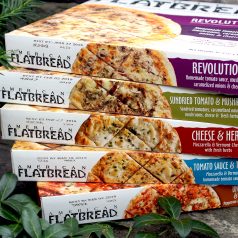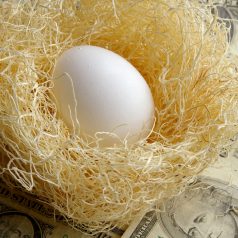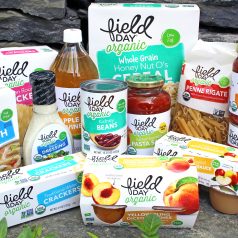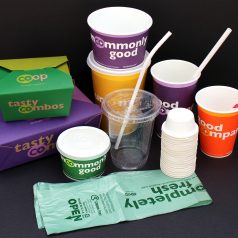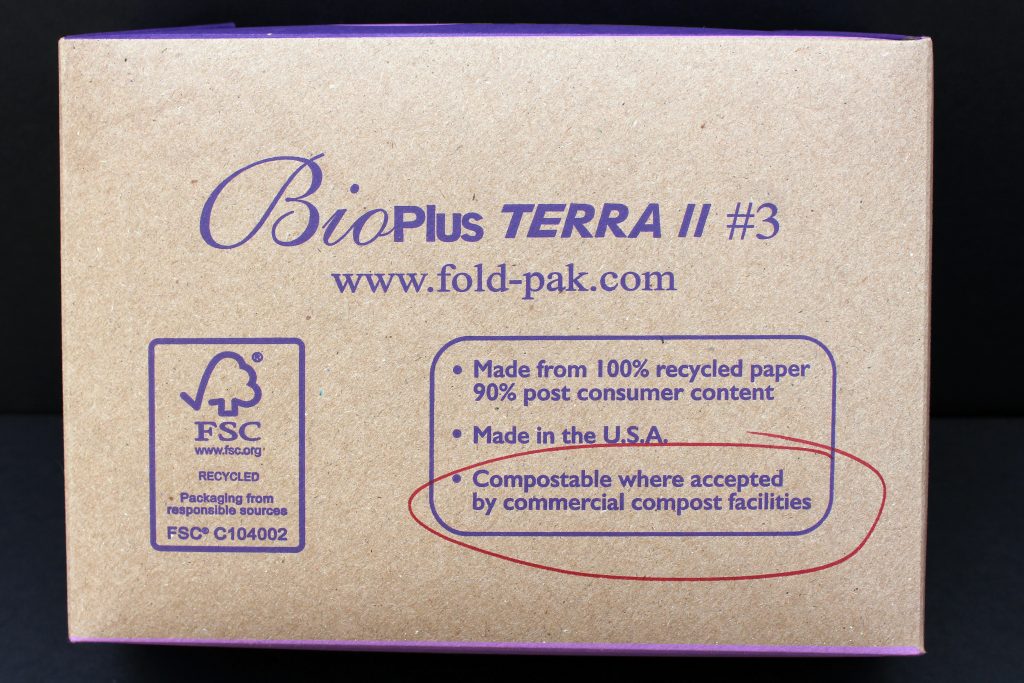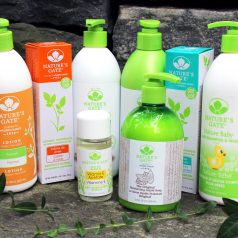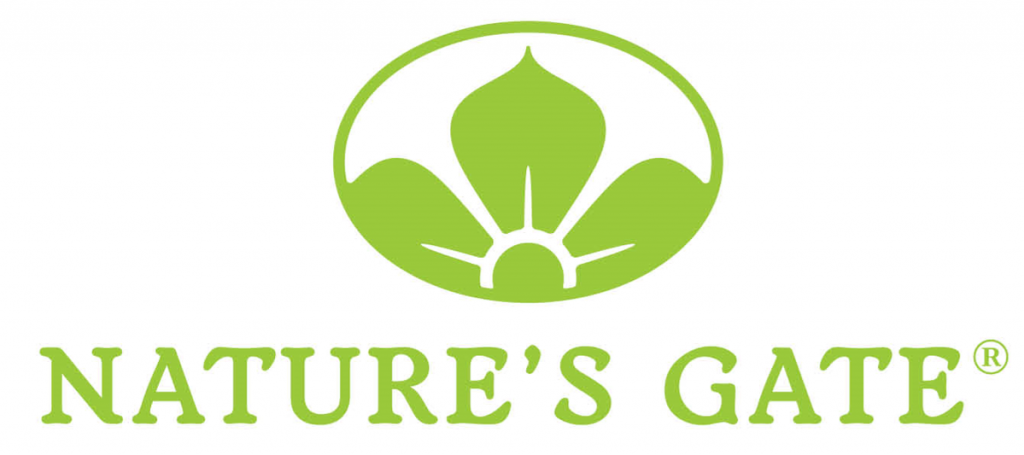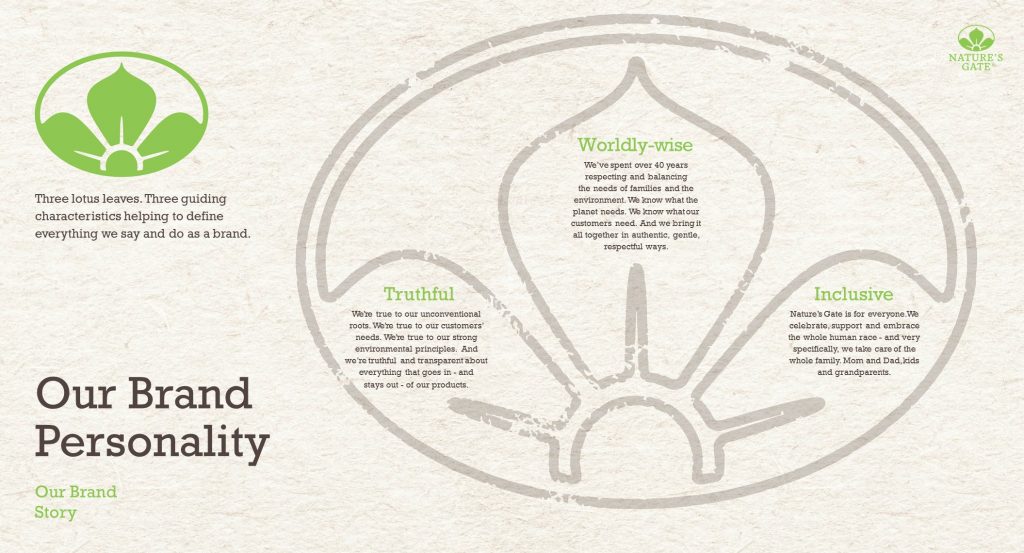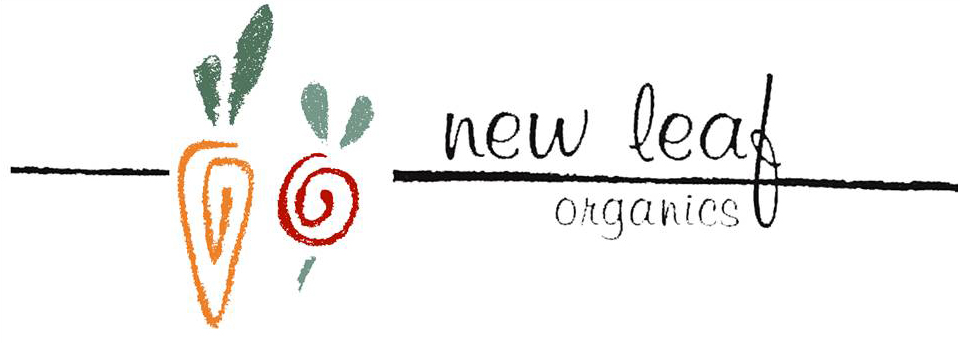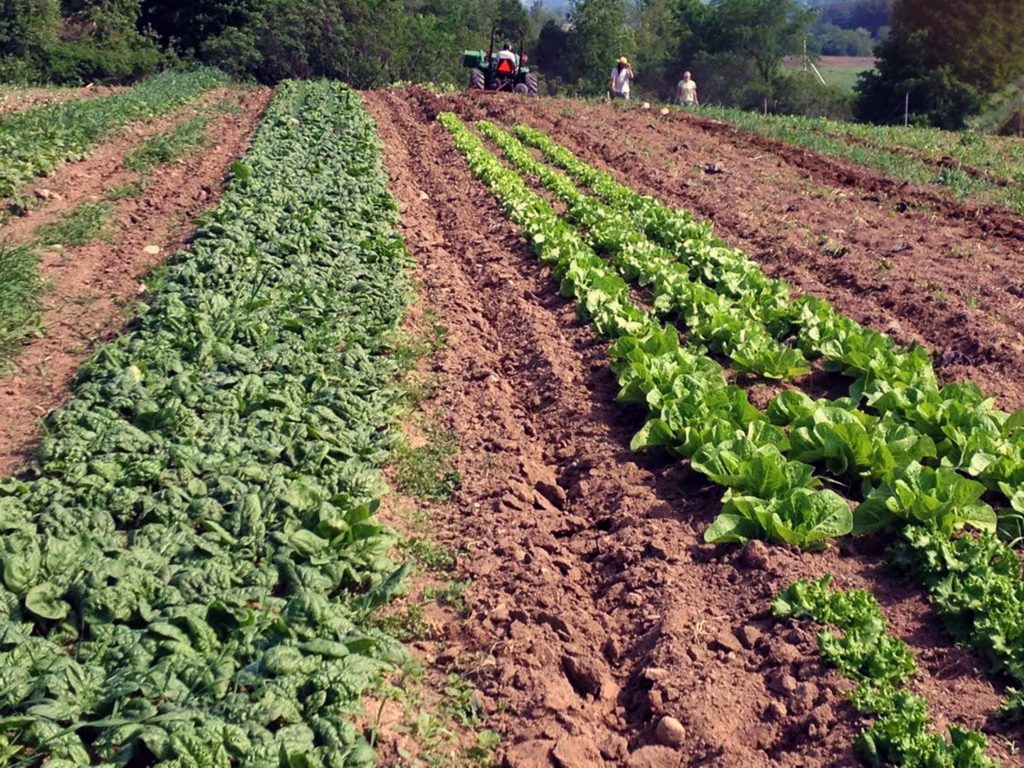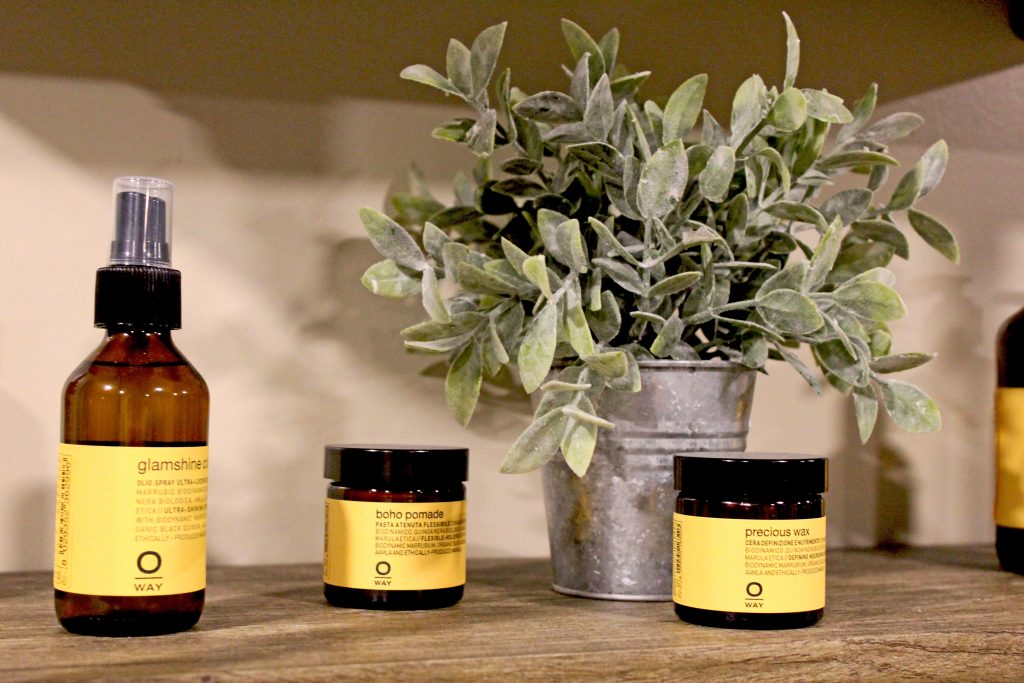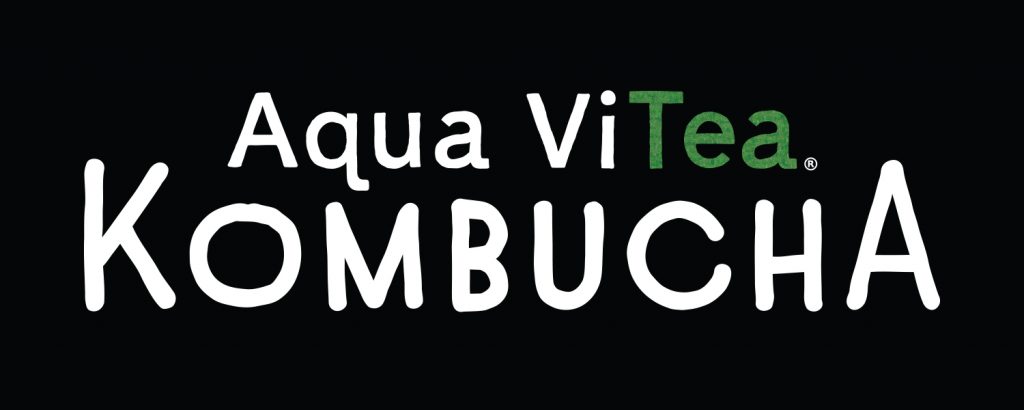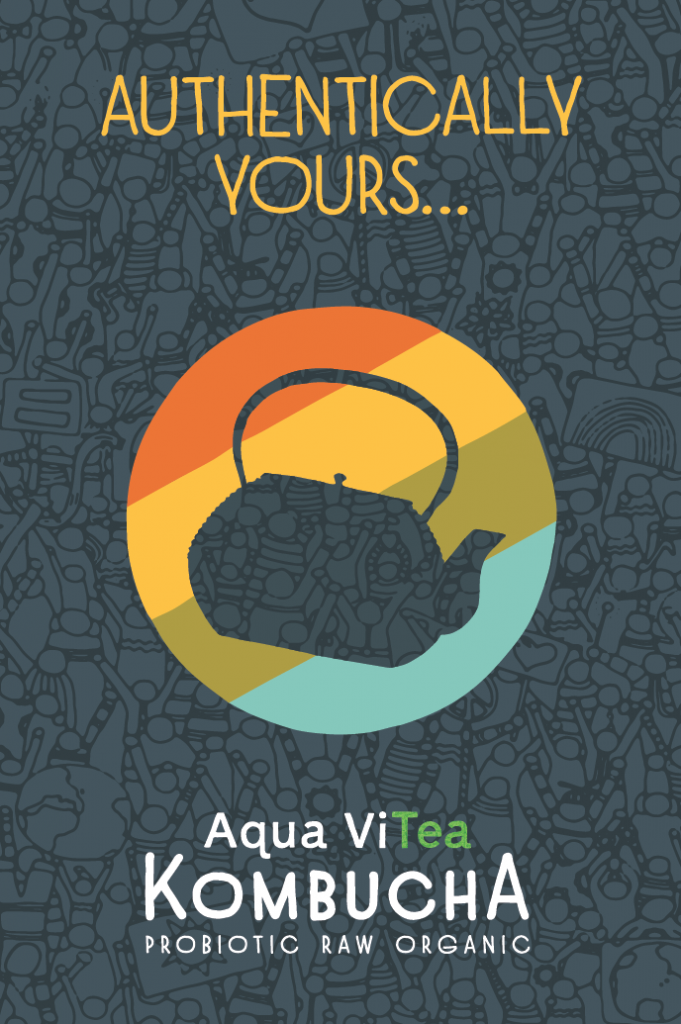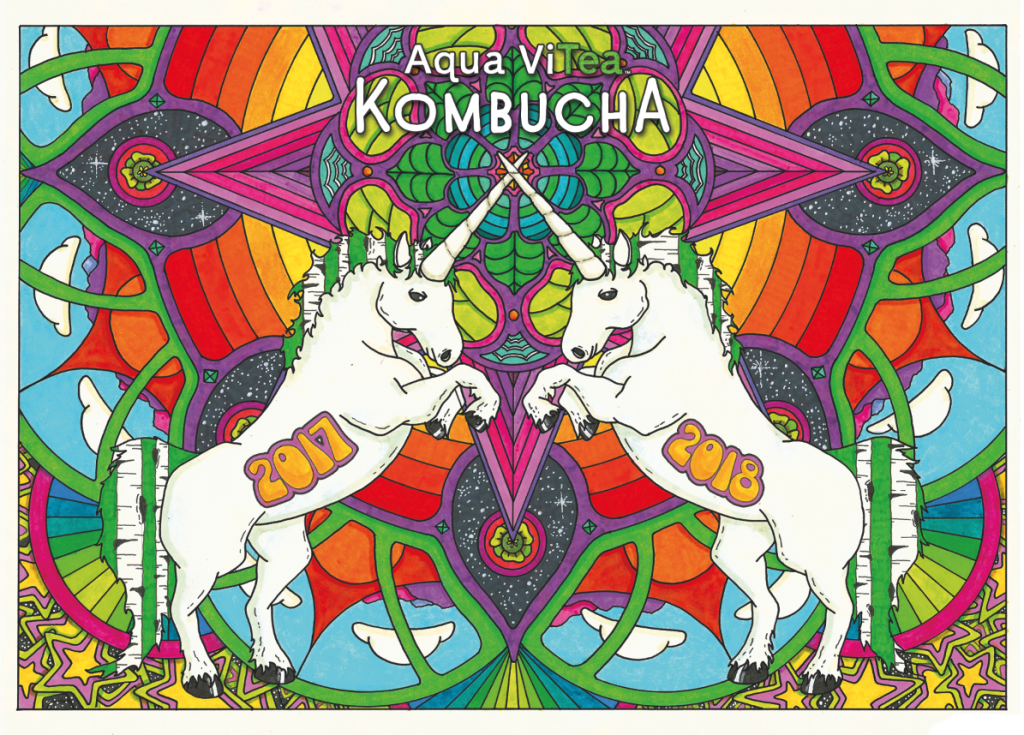- Real food: Promoting organic and natural products with a commitment to Non-GMO.
- Real flavor: Producing genuinely simple products that are not only good-for-you but taste good.
- Real people: Field Day works as a team, from their valued employees to their inspiring retailers to their treasured consumers, every step of the way.
- Real fun: Creating memories one family meal at a time.
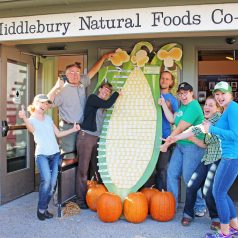
What’s Up With The Big Corn?
Perhaps you’ve been wondering why we have a gigantic wooden ear of corn at the store entry? We call it the Big Corn and it comes out every September during our Eat Local Challenge to help us track the amount of money paid to local farmers and producers throughout the month. Last year, thanks to your purchases of local products, we were able to pay over $371,000 to our local farmers and producers! Help us shatter that record this year by purchasing Vermont products all month long. You can track the progress on the Big Corn and help us reach our goal of $400,000 this year!
Want to BUY LOCAL at THE CO-OP? Look for these signs:
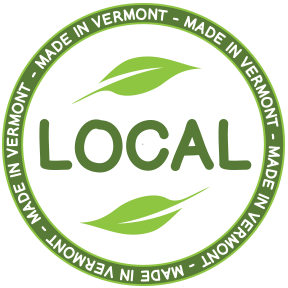
Why Buy Local?
1. Local Food Supports Local Farm Families.
Farmers are a vanishing breed, and it’s no surprise given that commodity prices are at historic lows, often below the cost of production. The farmer now gets less than 10 cents of the retail food dollar. When you purchase local produce from the Co-op, the farmer gets a larger share, which means farm families can afford to stay on the farm, doing the work they love.
2. Local Food Supports our Local Economy.
Over 60,000 Vermonters are directly employed in Vermont’s food system. Nearly 12,000 businesses are part of Vermont’s food system. When measured by employment and gross state product, food manufacturing is the second-largest manufacturing industry in Vermont. Milk from Vermont’s dairy farms typically accounts for upwards of 70% of the state’s agricultural products sales, generating $2.2 billion in economic activity annually. A wide range of nondairy farms of all sizes also produces fruits and vegetables, livestock, hay, maple products, and specialty crops for local and regional markets. Vermont’s dynamic and evolving food system is also made up of entrepreneurs creating a variety of value-added products (e.g., cured meats, baked goods, beer, chocolate); thousands of market outlets; sophisticated distribution networks; and dozens of organizations, programs, and volunteer-driven activities that provide business planning, technical assistance, education, and outreach activities.
3. Local Food Builds Community.
When you buy local produce, you are re-establishing a time-honored connection between the eater and the grower. Knowing the farmers gives you insight into the seasons and the miracle of raising food. In many cases, it gives you access to a farm where your children and grandchildren can go to learn about nature and agriculture. Relationships built on understanding and trust can thrive.
4. Local Food Preserves Open Space.
As the value of direct-marketed fruits and vegetables increases, selling farmland for development becomes less likely. You have probably enjoyed driving out into the country and appreciated the lush fields of crops, the meadows of wildflowers, the picturesque red barns. That landscape will survive only as long as farms are financially viable. When you buy locally grown food, you’re doing something proactive about preserving the agrarian landscape.
5. Local Food Keeps Your Taxes In Check.
Farms contribute more in taxes than they require in services, whereas suburban development costs more than it generates in taxes. On average, for every $1 in
revenue raised by residential development, governments must spend $1.17 on services, thus requiring higher taxes of all taxpayers. For each dollar of revenue
raised by farm, forest, or open space, governments spend only 34 cents on services.
6. Local Food Supports a Clean Environment and Benefits Wildlife.
A well-managed family farm is a place where the resources of fertile soil and clean water are valued. Good stewards of the land grow cover crops to prevent erosion and replace nutrients used by their crops. Cover crops also capture carbon emissions and help combat global warming. According to some estimates, farmers who practice conservation tillage could sequester 12-14% of the carbon emitted by vehicles and industry. In addition, the habitat of a farm – the patchwork of fields, meadows, woods, ponds, and buildings – is the perfect environment for many beloved species of wildlife, including bluebirds, killdeer, herons, bats, and rabbits.
7. Local Food Preserves Genetic Diversity.
In the modern industrial agricultural system, varieties are chosen for their ability to ripen simultaneously and withstand harvesting equipment; for a tough skin that can survive packing and shipping; and for an ability to have a long shelf life in the store. Only a handful of hybrid varieties of each fruit and vegetable meet those rigorous demands, so there is little genetic diversity in the plants grown. Local farms, in contrast, tend to opt for more variety to provide a long season of harvest, an array of eye-catching colors, and the best flavors. Many varieties are heirlooms, passed down from generation to generation because they taste good and are regionally adapted to our unique growing conditions here in Vermont. These heirloom varieties contain genetic material from hundreds or even thousands of years of human selection; they may someday provide the genes needed to create varieties that will thrive in a changing climate.
8. Locally grown food tastes better.
Food grown in your own community was probably picked within the past day or two. It’s crisp, sweet and loaded with flavor. Produce flown or trucked in from
California, Florida, Chile, or Holland is, quite understandably, much older. Several studies have shown that the average distance food travels from farm to plate is 1,500 miles. In a week-long (or more) delay from harvest to dinner table, sugars turn to starches, plant cells shrink, and produce loses its vitality.
9. Local Produce is Better For You.
Studies show that fresh produce loses nutrients quickly. Food that is frozen or canned soon after harvest is actually more nutritious than some ‘fresh’ produce that has been on the truck or supermarket shelf for a week. Locally grown food, purchased soon after harvest, retains its nutrients.
10. Local Food Is About The Future.
By supporting local farmers today, you can help ensure that there will be farms in your community tomorrow and that future generations will have access to nourishing, flavorful, and abundant food.

